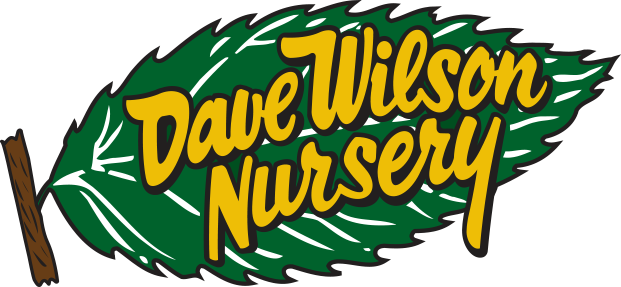We sell our products to retail nurseries, garden centers, container growers who sell to landscape contractors and retail nurseries, mail order nurseries, and anyone else who qualifies. We do not accept direct sales to consumers.
Integrated Pest Management (IPM) is a general strategy of pest damage prevention and control that uses chemical pesticides only when absolutely necessary as a last resort, based on a correct diagnosis and assessment of damage, and only in the safest, most limited way possible. For home fruit growing, IPM means turning first to cultural practices, pest habitat manipulation, biological controls (e.g. predators and parasites), mechanical and physical controls (traps and barriers) and the use of resistant varieties.
In IPM, the term "pest" is used to mean any organism that harms or interferes with human health, environment, property or activity. Examples of fruit tree pests are bacteria, fungi, viruses, insects, mites, nematodes, birds, rodents and weeds.
The foundation of an IPM-based approach to home fruit growing is good cultural practices with respect to variety and rootstock selection, planting, irrigation, fertilization, pruning, and orchard sanitation. Strong-growing, well-pruned trees in a clean orchard are less susceptible to pest damage.
See also the question "How do I keep my fruit trees free of pests and disease?"
For information about home fruit growing, see Getting Started.
